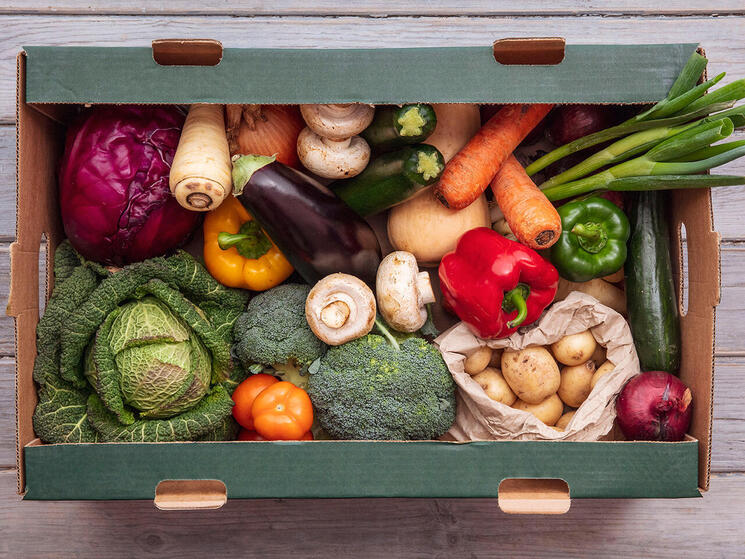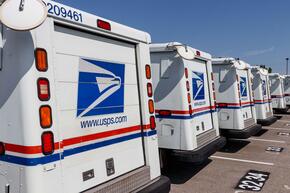
Our food system is broken. Here’s how we can fix it
- Date: 10 June 2022
- Author: Julia Kurnik, World Wildlife Fund

Our current food system is failing farmers, consumers, and the environment. Many farmers, especially small and minority farmers, struggle to turn a profit due to long supply chains. Meanwhile, over 30 million Americans experience food insecurity and often lack access to fresh, affordable produce. Yet fruit and vegetable farms exist in the majority of US counties, and up to 50% of all produce is wasted. There has to be a better way to get food from farmers to families.
Farmers Post is a program proposed by WWF’s Markets Institute as a way to connect farmers directly with consumers and increase food access, convenience, and nutrition. Through a partnership with the United States Postal Service (USPS), Farmers Post would allow customers to order produce from local farms and get it shipped right to their doorsteps. These are the top five reasons why Farmers Post would contribute to a more sustainable and equitable food system.
Farmers Post would…
1. Support small farmers
US farmers receive less than 10 cents out of every dollar spent on produce in the United States because of the costs associated with shipping, processing, and grocery store operations. Selling directly to consumers is appealing, but farmers' markets and community supported agriculture (CSA) programs can be cost-prohibitive or too time-consuming. Farmers Post is an efficient solution that would allow farmers to shorten their supply chains and increase their profit margins.
2. Expand access to healthy food
Buying fresh fruits and vegetables is a financial burden for many low-income Americans, especially those who live in food deserts, or neighborhoods that lack grocery stores. Providing more affordable, convenient produce will bring significant health and quality of life benefits to participants, including reducing the risk of cardiovascular disease. Home delivery can also help seniors and disabled individuals who may struggle with grocery shopping.
3. Reduce food waste
Reducing food waste is a top priority in the fight against climate change. When produce is discarded, we waste all the land, energy, and water used in the growing process. And when food ends up in landfills, it releases methane–a greenhouse gas that is even more powerful than carbon dioxide. Farmers are often forced to let perfectly fine produce rot in their fields because it is not profitable to harvest, or because it doesn’t meet grocery store standards for size and appearance. Farmers Post would reduce on-farm food waste by giving farmers a greater share of the profits and a larger customer base.
4. Provide more revenue for the USPS
Farmers Post presents a valuable opportunity to the USPS, which has experienced declining mail volume and revenue in recent years. The USPS is an ideal partner for this program because it already travels to most households on a daily basis. Unlike other food delivery services that don’t serve all zip codes, the USPS delivers to every household, whether urban or rural.
5. Encourage people to eat locally
Many people express a desire to eat more locally-grown produce, but it is typically not offered by large grocery chains. Local produce has many benefits–not only is it fresher, but it also has higher nutritional value, including vitamin and mineral content. Local produce typically travels shorter distances, so it is associated with fewer transportation-related emissions. Additionally, this model gives farmers the opportunity to serve their communities by growing culturally significant, native food varieties.
Read Farmers Post: Getting Food from Farms to Families to learn more.